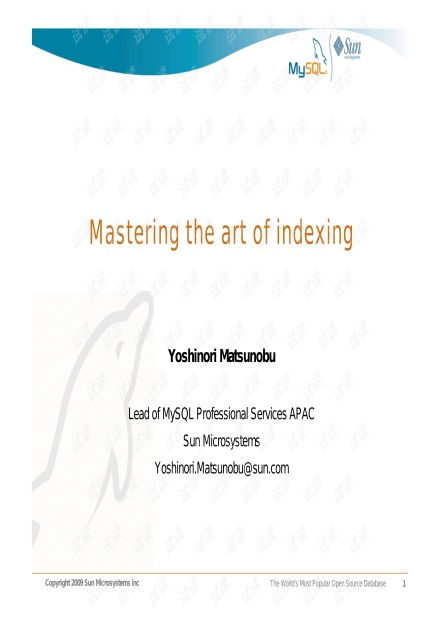In the serene countryside, where the hustle and bustle of urban life gives way to the tranquil rhythm of nature, many farmers have discovered a unique way to supplement their income: fishing. For those who are looking to turn their passion for angling into a profitable venture, there are several tried-and-tested techniques that can help maximize earnings. This article delves into the art of fishing for profit, offering valuable insights and practical tips for farmers seeking to turn their hobby into a lucrative business.
Understanding the Market

Before diving into the water, it's crucial to understand the market you're targeting. This involves researching local demand for fish, identifying the most popular species, and determining the best time of year to fish. Here are some key points to consider:
Identify Target Species: Different species of fish are in demand at different times of the year. For instance, bass fishing might be more popular in the summer, while catfish fishing can be a year-round activity. By knowing which fish are in demand, you can focus your efforts on catching those species.
Seasonal Trends: The availability of certain fish species can vary with the seasons. By understanding these trends, you can plan your fishing trips accordingly and ensure a steady supply of fish.
Local Regulations: Familiarize yourself with local fishing regulations, including size limits, bag limits, and closed seasons. This will help you avoid fines and ensure that you're legally harvesting fish.
Choosing the Right Equipment
The right equipment can make a significant difference in your fishing success and profitability. Here are some essential tools and tips for selecting the best gear:
Rod and Reel: Choose a rod and reel that match the type of fish you're targeting. For instance, a lightweight spinning rod is ideal for panfish, while a heavy-duty baitcasting rod is better for larger species.
Lures and Bait: Experiment with different lures and baits to see what works best in your area. Live bait can sometimes be more effective, but artificial lures can be more convenient and cost-effective.
Tackle Box: Keep a well-stocked tackle box with a variety of hooks, sinkers, swivels, and other accessories. This will help you adapt to different fishing conditions and species.
Mastering the Art of Catching Fish
Once you have the right equipment, it's time to focus on the fishing techniques that will help you catch more fish:
Patience is Key: Fishing requires patience. It's important to be prepared to wait for the fish to bite. Avoid the temptation to move to a new spot too quickly if you're not getting bites.
Location, Location, Location: Research the best spots for fishing in your area. This might include rivers, lakes, ponds, or even the nearby ocean. Use online resources, local fishing guides, and maps to find the best locations.
Timing: Fish are most active at certain times of the day. Early morning and dusk are often the best times to fish, as fish are more active during these periods.
Technique: Learn different fishing techniques, such as casting, bottom fishing, or fly fishing, depending on the species and location. Practice these techniques to improve your chances of catching fish.
Processing and Selling Your Catch
Once you've caught your fish, the next step is to process and sell them. Here are some tips for maximizing your profits:
Processing: If you plan to sell whole fish, it's important to clean and gut them properly. Consider investing in a fish cleaning station to make the process easier and more efficient.
Marketing: Use social media, local markets, and word-of-mouth to market your fish. Highlight the freshness and quality of your catch to attract customers.
Diversify Your Offerings: In addition to whole fish, consider offering fish fillets, smoked fish, or fish cakes. This can help you cater to a wider range of customers and increase your sales.
Price Strategically: Research the market prices for your fish and set your prices accordingly. Be sure to factor in your costs, including equipment, bait, and processing, when determining your prices.
Conclusion
Fishing can be a rewarding and profitable venture for farmers looking to diversify their income. By understanding the market, choosing the right equipment, mastering fishing techniques, and effectively marketing your catch, you can turn your passion for angling into a lucrative business. With patience, persistence, and a bit of know-how, you'll be well on your way to becoming a successful fisherman and a profitable entrepreneur.












